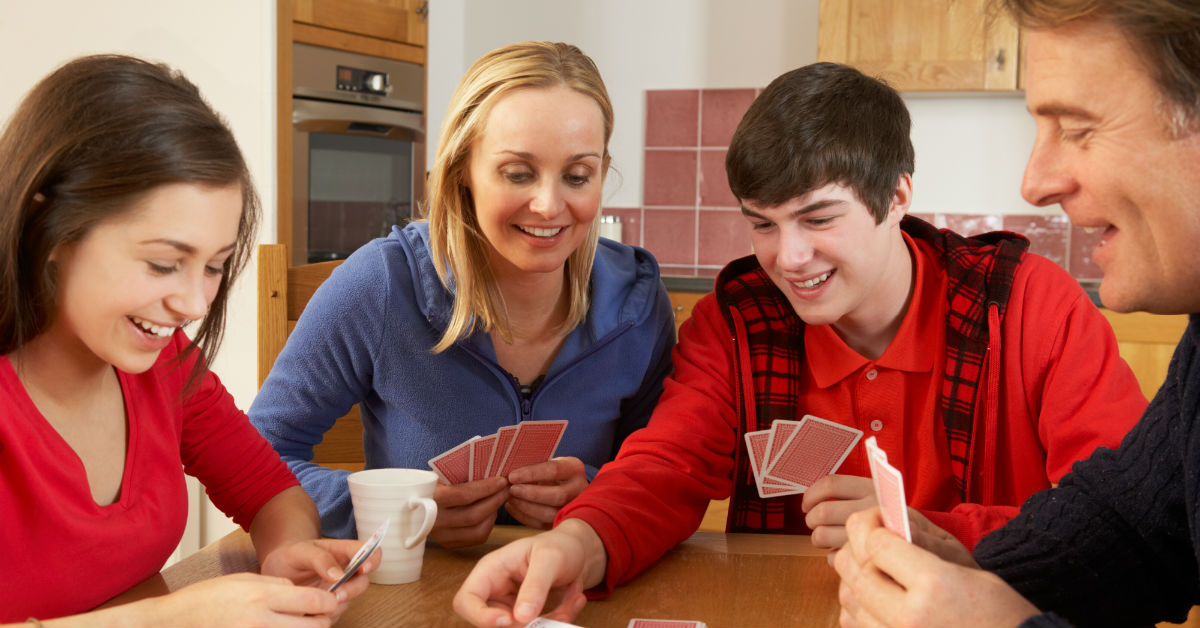As parents look for programs for troubled teens which encourage strong family interaction, they should consider residential treatment centers. There are several residential treatment centers which focus not only the immediate issues their troubled teens’ face but also look to help repair and strengthen the family relationships which may have become damaged.
Ways Which Families Interact With Teen In Residential Treatment
Residential treatment centers can vary on the kinds of family interaction they encourage. Most of the best residential treatment centers that Help Your Teen Now will recommend, tend to have fairly similar kinds of encouraged family interaction.
- Regular mail – While some residential treatment centers allow the use of email, others find that being on the internet can be detrimental to the progress a troubled teen is making in treatment. So, regular post mail is encouraged for most troubled teens. Many students cite mail call at residential treatment centers as one of the highlights of their day. Letters can also be an excellent way to communicate about difficult topics as the immediacy is taken away and both the family and the teen has time to think about what to say.
- Phone calls – Most residential treatment centers require the troubled teens in the programs to progress to a certain level of program compliance before being able to talk on the phone. This ensures that your troubled teen has had some time to make positive strides in their behavior and allow both parties to really enjoy the phone conversations. Also, by having to work towards phone privileges, troubled teens will appreciate the time they are able to talk to family more than they likely have previously.
- Family therapy – Your family does not have to be present at the residential treatment center to participate in weekly family therapy sessions. Many residential treatment centers offer private live video chat sessions with a certified therapist, your troubled teen, and your family. With the therapist to assist in mediation, your family can come together to overcome any issues your family is facing due to the dynamics which led to your troubled teen to be placed into residential treatment.
- Campus visits – Quite a few residential treatment centers strongly encourage family campus visits. It allows families to start reconnecting in-person as well as allowing your family to see how your teen has been living.
How To Find A Family-Focused Residential Treatment Center
If you would like recommendations for family-focused residential treatment centers, Help Your Teen Now can assist you. We have years of experience in helping families find the right troubled teen program to help your teen move in the right direction again. Contact us today for a completely free consultation.











0 Comments